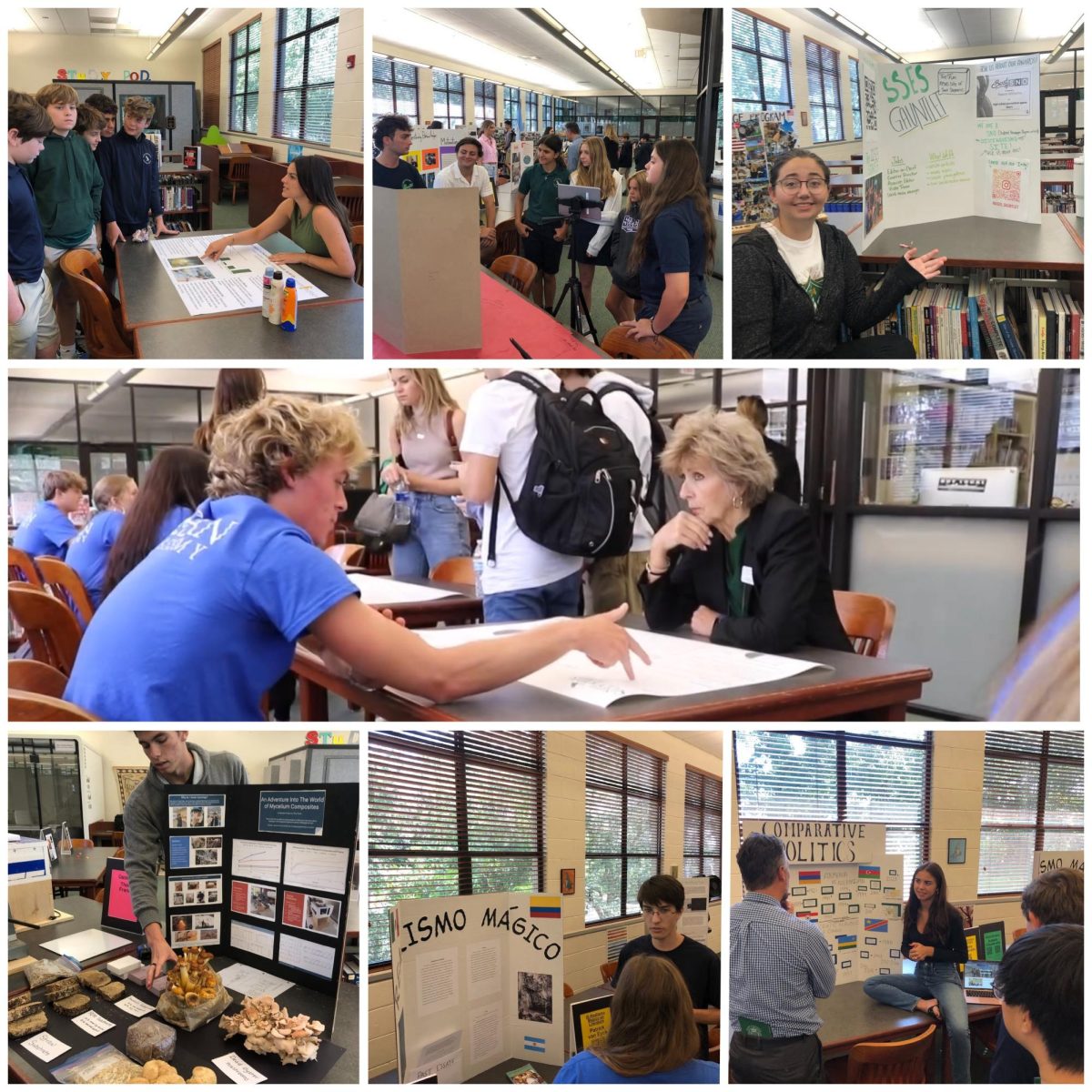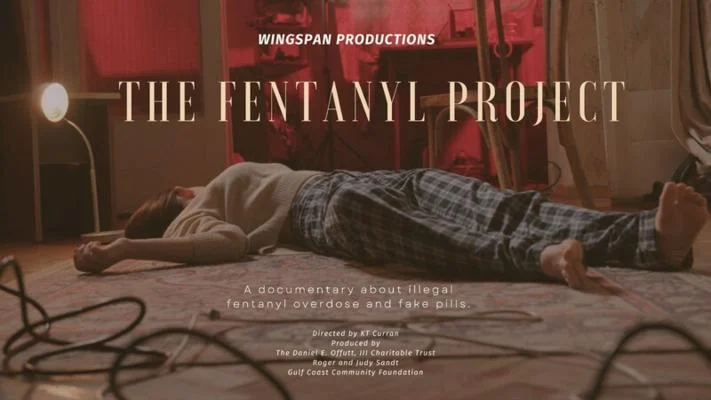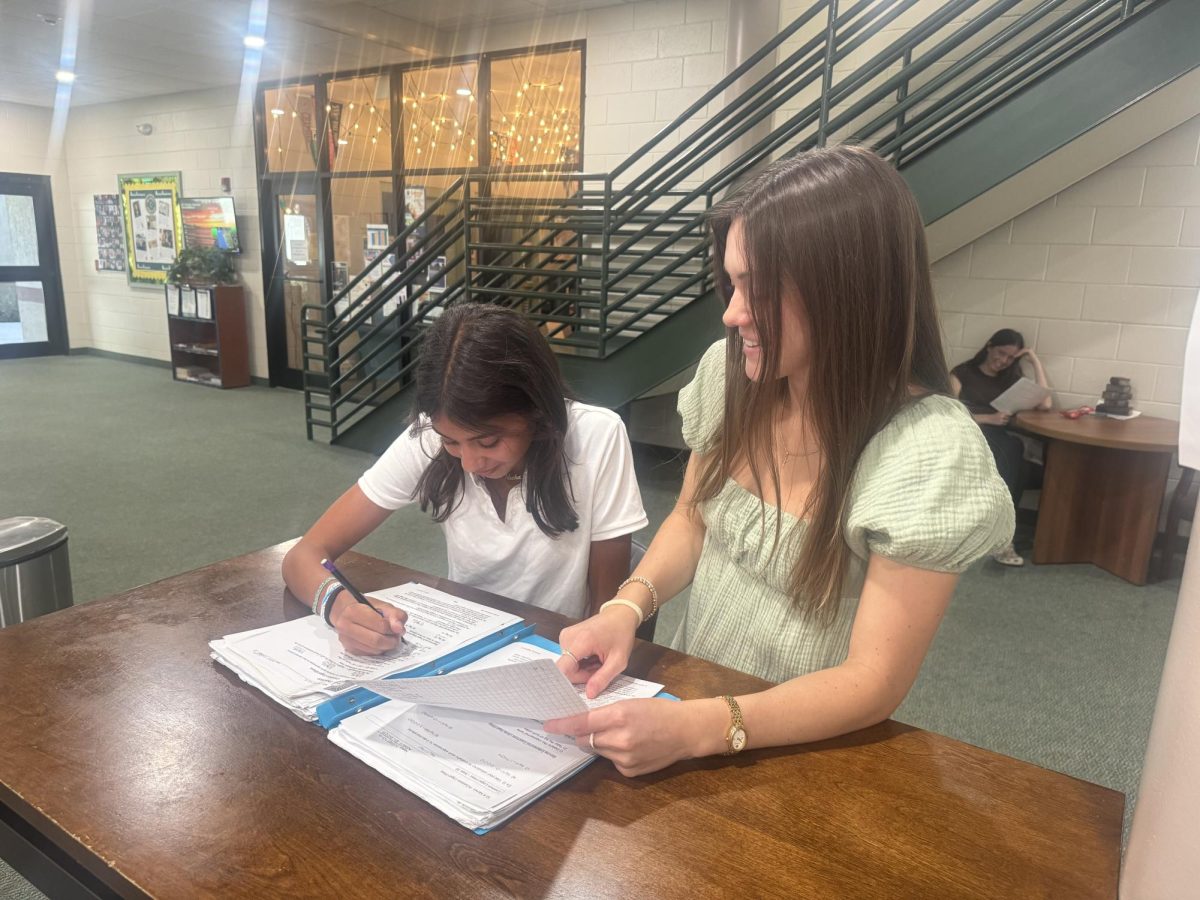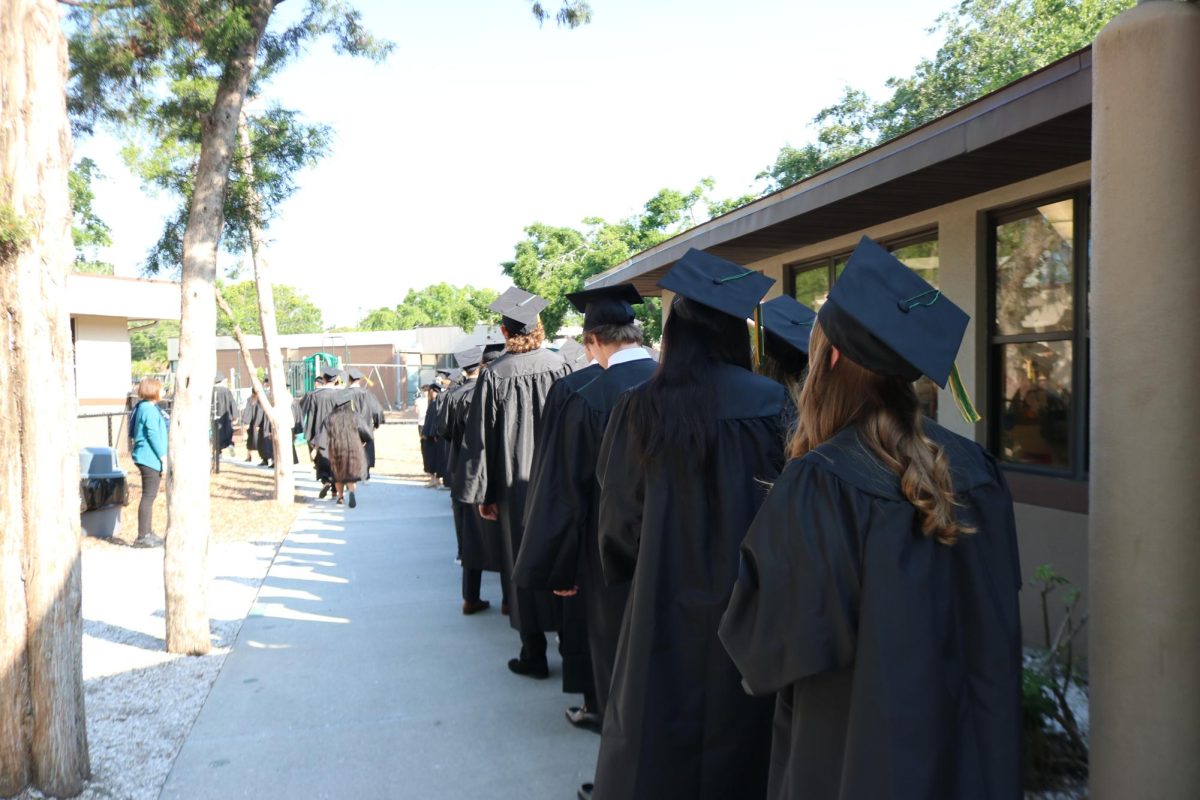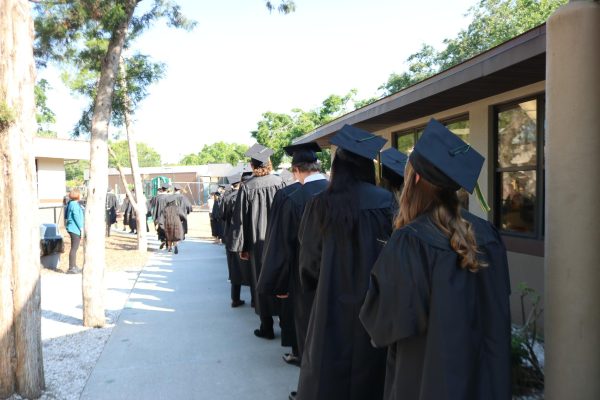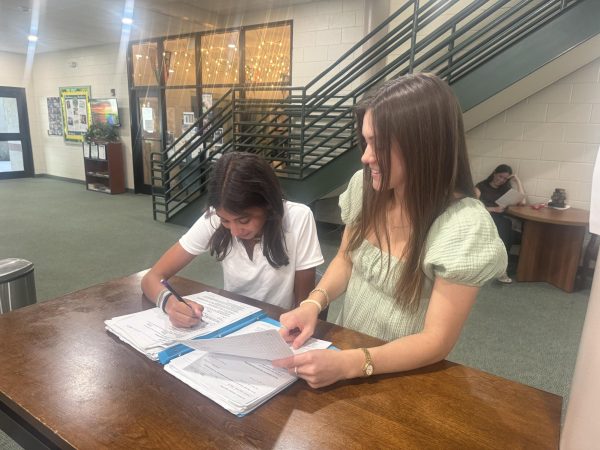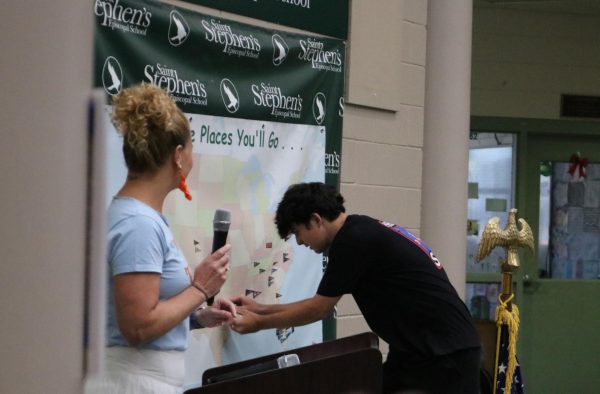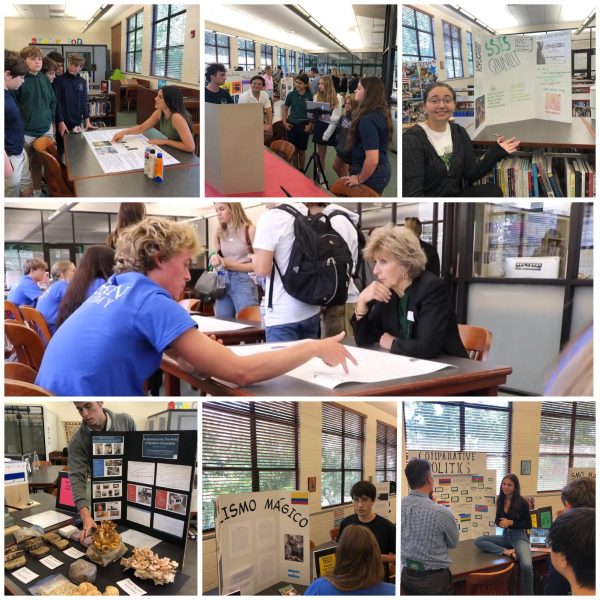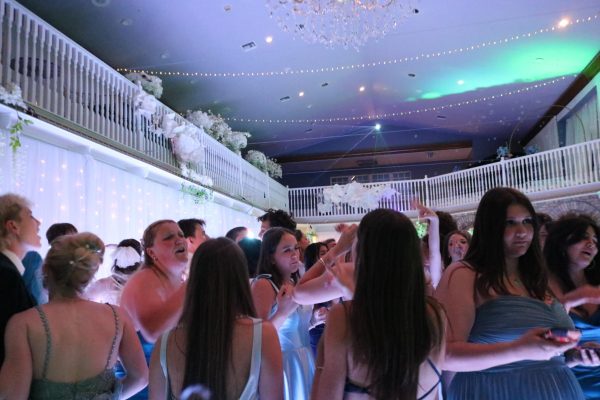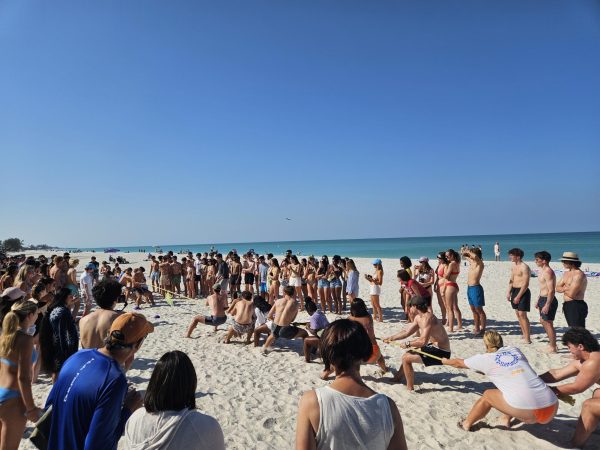SSES clubs compete all around the country. Which one is for you?
An overview of some of the “big dogs” in terms of academic clubs. These teams are good for you and your resume. Which will you join?
December 5, 2017
Sports are a major part of the culture here at Saint Stephen’s. Students love participating by joining a sport, going to watch their friends compete, and keeping track of the accomplishments of the school’s various teams. However, sports teams are not the only groups available for a student to join. Many groups, such as the Latin club, the academic team, and mock trial, despite not being sports, provide students with a more academic challenge. Unfortunately, these groups are not as well-known, and many students may not even know what they are or what they do. So, here is a list of academic clubs, as well as some of their recent accomplishments.
Academic Team
The Saint Stephen’s academic team is the most obvious of the academic clubs on this list. Students who join the academic team, which is coached by Mrs. Pommer, Mr. Carlson, and Mr. Huff, have the opportunity to show off their knowledge in various trivia competitions. These competitions test their knowledge in a wide variety of subjects, including science, math, history, literature, and art. Furthermore, there are two different types of competitions, the Commissioner’s Academic Challenge (CAC) and quizbowl (NAQT), which differ in style and pace. Also, for very busy students, joining the academic team does not require a huge commitment, as there are only two meetings every week: one after school on Mondays and one during lunch on Wednesdays. At competitions, the Saint Stephen’s academic team often performs very well and has already accomplished a lot this year.
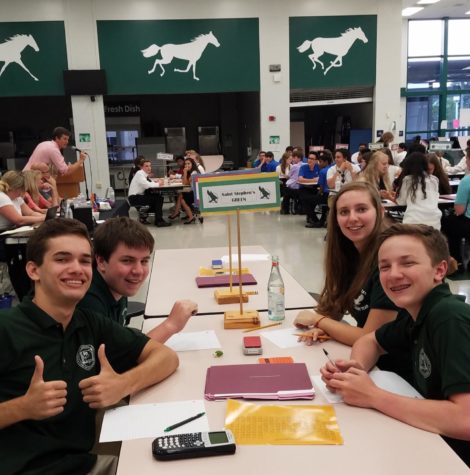
Latin Club
The Latin Club is a more specific academic club, as it is for students who enjoy learning Latin in class and want to learn more about the classics. Students who join the Latin Club are able to test their knowledge in a game called Certamen, a buzzer game named after the Latin word for competition. Certamen is played in teams of four or less and can be highly competitive and exciting. These students can then test their skills throughout the year by attending several certamen workshops, which culminate in the regional and state fora. These fora are more than just Latin competitions; they bring together a wide variety of students who share a common interest, giving their attendants a sense of community. At the state forum, students do more than just play certamen and take tests; they can take part in many other activities, such as watching a movie, attending a dance, entering a talent show, or meeting up with friends from other schools.
Sophomore Mikayla Woodard, when asked what she likes most about being a part of the Latin club, said, “Latin club is a great opportunity to go and meet people with the same interests as you. It’s fun because it’s full of individuals that keep the language and spirit of Latin alive. I don’t know what I’d do without it.” The Saint Stephen’s Latin Club also generally performs very well in competitions and will be attending the regional and state fora later this year.
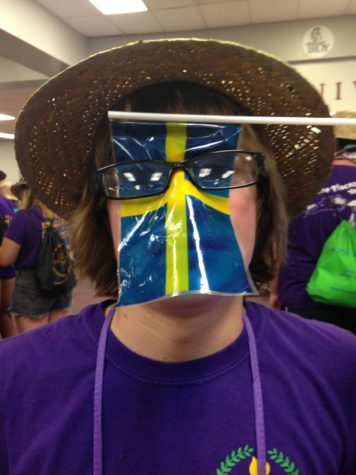
Mock Trial
Mock trial is a very different kind of academic based club. Students who join mock trial are given the opportunity to act out a courtroom trial, taking on the roles of the people involved, including the attorneys and the witnesses. This makes for a fun activity for students who are interested in going into law and who enjoy acting. The students who participate gain valuable skills, such as the ability to form a cohesive argument, think on their feet, and work towards a set goal. In addition to these benefits, students who join Mock Trial get the opportunity to work with Jim Delgado, a real attorney, who has offered to lend his help to the Saint Stephen’s team. Joining Mock Trial, however, requires a greater time commitment than the other clubs on this list. Students who join are expected to attend practices at least twice a week after school for two hours. Moreover, this number increases to three to five times a week as the competitions approach. The Saint Stephen’s Mock Trial team has been very successful in the past, having won the circuit competition all but three years since 1993. While they have not attended any competitions yet this year, they will be practicing hard in preparation for the state competition in March.
Model Congress/Model UN
Princeton Model Congress (PMC), Harvard Model Congress (HMC), and Columbia Model United Nations Conference (CMUNCE) are academic clubs that allow students to experience a simulation of the inner workings of government. Students who participate in PMC and HMC get the opportunity to learn about the government of the United States while also improving their skills in public speaking, leadership, and creative thinking. On the other hand, students who participate in CMUNCE get to participate in a model United Nations and learn about international relations through a series of simulated crises. Just recently, a group of Saint Stephen’s students attended PMC in Washington D.C. These students were required to write their own bill and argue its merits in order to get it passed. PMC is the most difficult of the conferences because the students from other participating schools often attend classes to prepare them for the conference. Despite only preparing outside of school, the Saint Stephen’s students who attended did very well. Sophomore Hailey Mallard won an award, while the other students who attended, Emma Vigne ‘18, Carter Beckstein ‘19, Jim Class ‘19, Darragh Harkin ‘19, Fisher Lindsey ‘19, Ben Schnur ‘19, Jackson Dillingham ‘20, Meg LeFollette ‘20, Jake Varady ‘20, and Emma Craig ‘21, also performed well. These students also had the privilege of learning about our country’s government in the capital itself. It made for an appropriate setting and allowed the students to visit important sites and monuments while they were there. Other groups of students will be attending HMC and CMUNCE later this year.
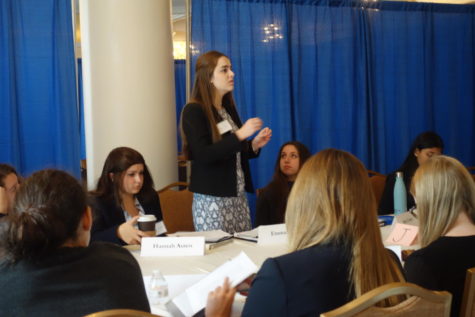
In conclusion, Saint Stephen’s has a very strong sports program but also offers many options for students who are looking for a more academic challenge. Students who participate in these clubs can enjoy the feeling of being in a community while also learning important skills. Also, Saint Stephen’s academic clubs regularly perform very well at competitions. This doesn’t mean that students who play sports should stop, but that they should join an academic club as well to add variety not only to their lives, but to their accomplishments.


